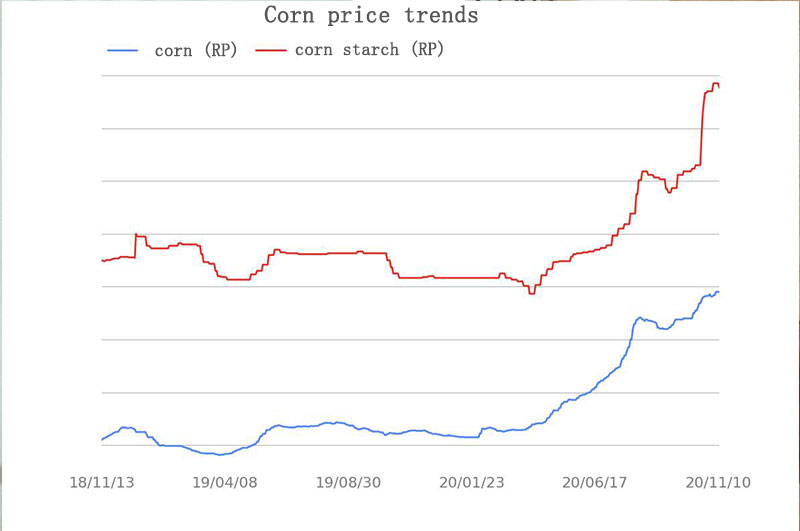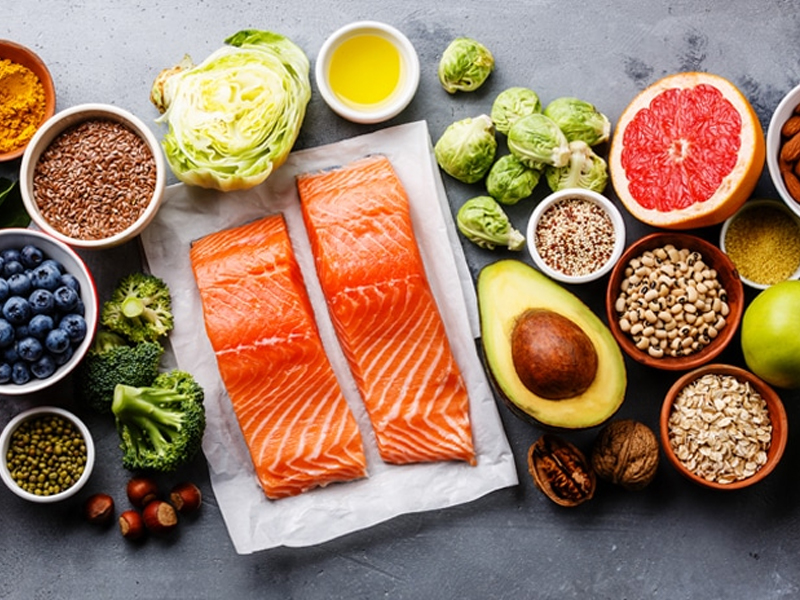Imagine a sweetener that dances on your taste buds like sugar, vanishes in your bloodstream, and leaves guilt (and calories) behind. Meet organic allulose sweetener—nature’s stealthy answer to sugary cravings. Unlike trendy alternatives that compromise on taste or texture, this rare sugar is rewriting the rules of indulgence. Ready to sweeten your life without the trade-offs? Let’s explore why allulose is the upgrade your pantry needs.
What is Organic Allulose?
Allulose is a rare, naturally occurring sugar found in figs, raisins, and maple syrup—but in tiny amounts. Through organic farming and innovative extraction, it’s now available as a crystalline powder that’s 70% as sweet as table sugar, with a mere 0.4 calories per gram. The “organic” stamp guarantees it’s grown without synthetic pesticides, non-GMO, and processed cleanly.
The Sweet Science: Why Allulose Stands Out
- Zero Glycemic Impact: Unlike sugar or even coconut sugar, allulose isn’t metabolized by the body, making it diabetic-friendly.
- Heat-Stable Hero: Perfect for baking—caramelizes, browns, and dissolves like sugar without crystallizing.
- Gut-Friendly Bonus: Studies suggest it may support gut health by acting as a prebiotic (hello, happy microbiome!).
How to Use Organic Allulose Like a Pro
- Bake Smarter: Substitute 1:1 for sugar in cookies, cakes, and pies. No aftertaste, no dry texture!
- Cold Brew Magic: Sweeten iced coffee or smoothies instantly—no grit, just silky sweetness.
- Fermentation Friend: Use in kombucha or homemade jams; microbes love it, but your waistline won’t notice.
- Savory Surprise: Balance dressings or BBQ sauces without overpowering savory flavors.
Allulose vs. The Sweetener Squad
- Erythritol: Allulose doesn’t cause the “cooling effect” or digestive discomfort.
- Stevia: No bitter aftertaste—just pure, clean sweetness.
- Monk Fruit: More budget-friendly and easier to bake with.
Why Go Organic?
Conventional allulose often relies on genetically modified enzymes for production. Organic certification ensures:
- Purity: No synthetic chemicals from farm to packet.
- Sustainability: Eco-friendly farming practices protect pollinators and soil.
- Transparency: Traceable sourcing you can trust.
FAQs
Q: Does allulose cause bloating?
A: Rarely! It’s absorbed but not metabolized, making it gentler than sugar alcohols.
Q: Can I caramelize it?
A: Yes! It browns faster than sugar—keep an eye on that crème brûlée.
Q: Is it safe for kids?
A: Absolutely, though moderation is key (as with any sweetener).

